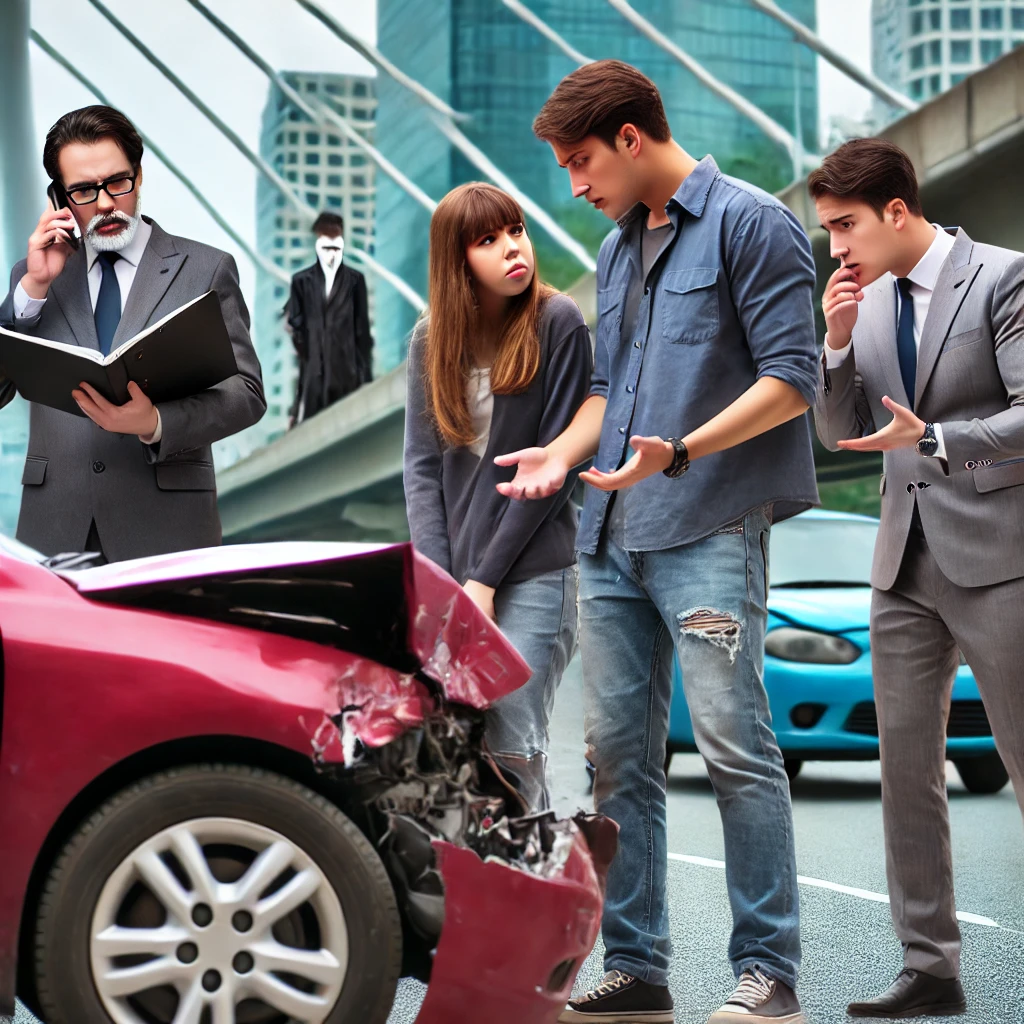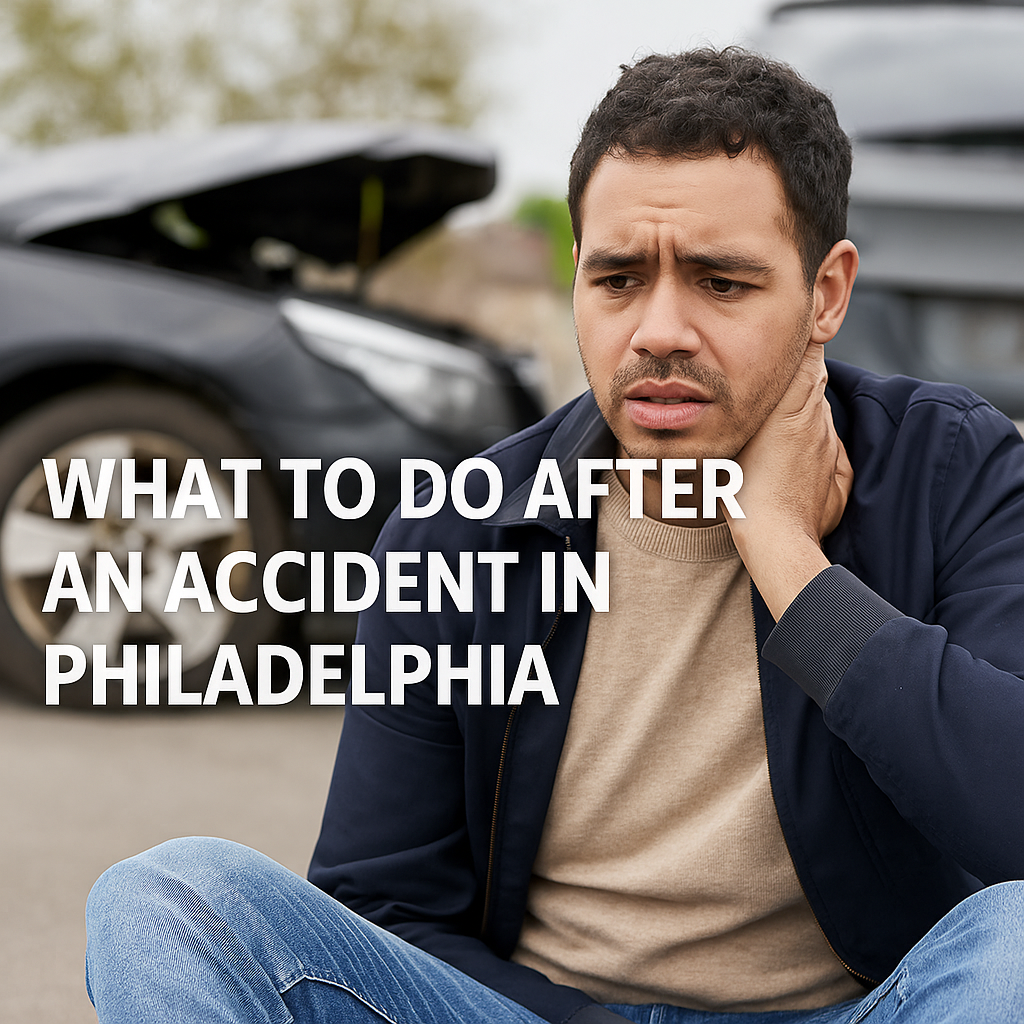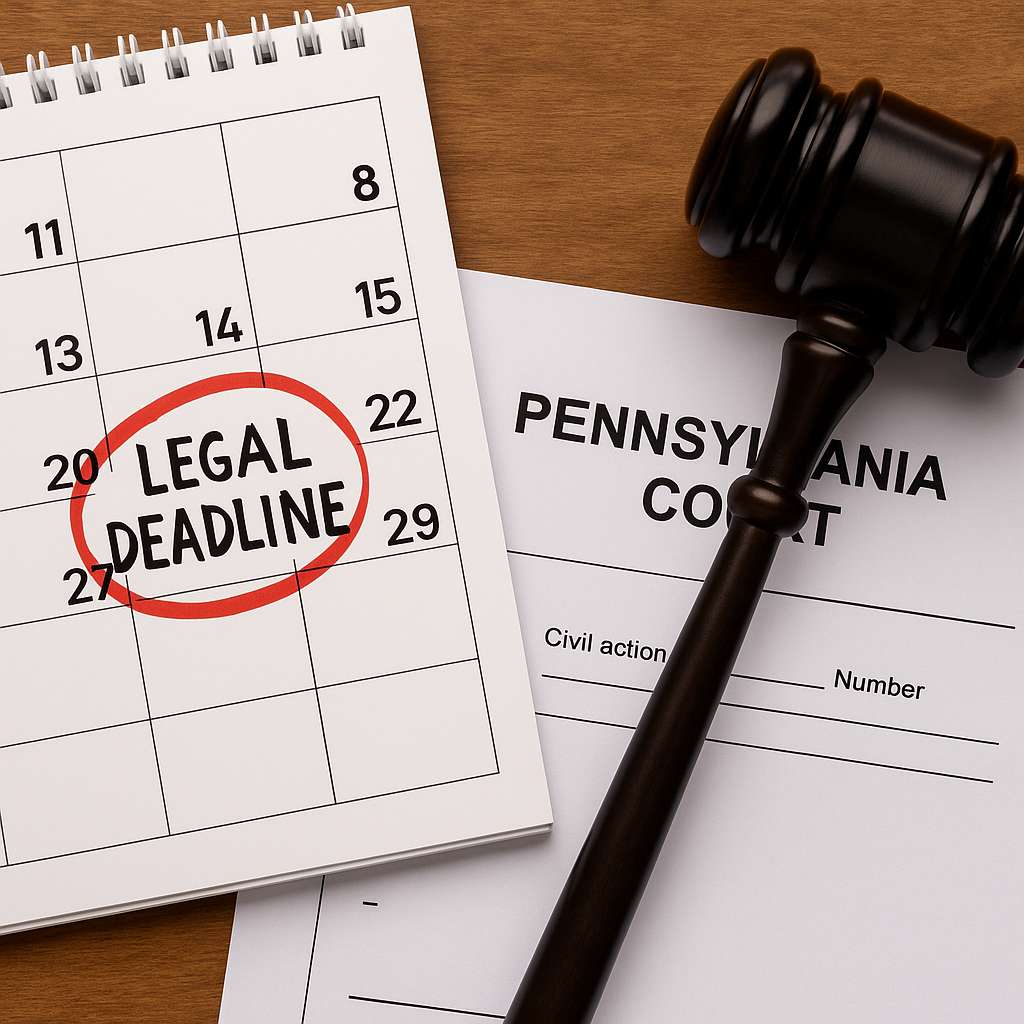
Do you need a minor car accident lawyer? Car accidents happen every day, and while major crashes often lead to serious injuries and lawsuits, many people dismiss minor collisions as not worth the trouble. But even in a small accident, hiring a minor car accident lawyer can be essential—especially if injuries appear later, repair costs escalate, or the insurance company gives you the runaround.
However, even minor car accidents can lead to hidden injuries, unexpected repair costs, and disputes with insurance companies. If you’re wondering whether you need a lawyer for a minor accident, this guide will walk you through the key factors to consider, including when legal representation is essential—even in cases that seem straightforward. https://tinyurl.com/2hkctrxc
What Is Considered a Minor Car Accident?
A minor car accident is typically defined as a crash where:
✔ There are no severe injuries reported at the scene.
✔ Vehicle damage is minimal (often limited to scratches, dents, or broken lights).
✔ The cars remain drivable after the accident.
✔ No significant property damage occurred (e.g., hitting a pole or structure).
These are common in rear-end collisions, fender benders, and low-speed crashes in parking lots or intersections. While these accidents may not appear serious at first, complications can arise later.
Pain and Suffering: How Much Can You Recover in a Personal Injury Case?
Do You Need a Lawyer for a Minor Car Accident?
You might think you only need a lawyer for major crashes, but here are seven reasons why legal help may be necessary—even for minor accidents.
1. You Sustained Injuries That Seem Minor But Get Worse Over Time
Many accident-related injuries don’t show symptoms right away. For example:
-
- Whiplash may not cause pain for hours or even days after a crash.
-
- Soft tissue injuries may worsen over time.
-
- Concussions may not show symptoms immediately but can have serious long-term effects.
If you experience headaches, neck pain, dizziness, or stiffness after an accident, see a doctor immediately. Even if you feel fine at the scene, delayed injuries could lead to costly medical treatments. A lawyer can help you recover compensation for medical bills, even if the injuries seem minor at first.
2. Insurance Companies May Try to Undervalue or Deny Your Claim
Insurance adjusters are not on your side—they work for insurance companies whose goal is to pay out as little as possible.
-
- They may offer a low settlement that doesn’t cover all repair or medical costs.
-
- They may claim that your injuries aren’t serious enough to warrant compensation.
-
- They may even deny your claim entirely, arguing that you were at fault.
Even in a minor accident, legal representation ensures you don’t get taken advantage of by insurance companies.
3. The At-Fault Driver Disputes the Accident
If the other driver denies responsibility, the situation can become complicated. Common disputes include:
🚗 They claim you caused the accident instead of them.
🚗 They provide a different version of events to the insurance company.
🚗 They refuse to share their insurance information.
A personal injury lawyer will gather evidence, witness statements, and accident reports to prove fault and protect your rights.
4. Vehicle Damage Costs More Than Expected
Many people assume minor damage means low repair costs, but even small dents, bumper damage, and alignment issues can cost thousands of dollars to fix.
For example:
-
- A simple fender bender can result in hidden structural damage.
-
- Bumper sensors, cameras, and modern safety technology make even small repairs expensive.
-
- If the frame is slightly bent, it can impact long-term vehicle safety.
An attorney can help you recover full compensation for vehicle repairs, rental car costs, and diminished value claims.
5. The Other Driver Was Uninsured or Underinsured
If the at-fault driver doesn’t have insurance, you may struggle to recover compensation for repairs or medical expenses.
Options include:
-
- Filing a claim with your own uninsured/underinsured motorist (UM/UIM) coverage.
-
- Taking legal action against the driver personally (though they may not have assets to pay).
A lawyer can help you navigate uninsured motorist claims and negotiate with your own insurance provider.
6. You Were Involved in a Hit-and-Run Accident
If the other driver flees the scene, it complicates the process of getting compensated for damages. You’ll need to:
✔ Report the accident to the police immediately.
✔ Check for witnesses or surveillance cameras.
✔ File a claim under your uninsured motorist coverage.
An attorney can assist in gathering evidence and ensuring you receive proper compensation from your insurance.
7. Legal Deadlines Could Affect Your Case
How Long Do You Have to File a Personal Injury Lawsuit in Pennsylvania?
Each state has a statute of limitations for filing personal injury and property damage claims. In Pennsylvania, you generally have two years to file a lawsuit after a car accident.
However, if you wait too long, you may lose your right to seek compensation. A lawyer ensures you meet all legal deadlines and maximize your claim’s potential.
When You Might Not Need a Lawyer for a Minor Accident
There are a few situations where hiring a lawyer may not be necessary:
-
✔ No injuries occurred, and all parties agree on what happened.
-
✔ The damage is truly minor (e.g., light cosmetic damage with no structural issues).
-
✔ Your insurance fully covers the cost of repairs and medical bills, and the claim process is smooth.
Even in these cases, it’s smart to schedule a free consultation to ensure there are no overlooked issues.
How a Lawyer Can Help After a Minor Car Accident
If your case qualifies, a personal injury lawyer can help with:
✔ Negotiating a fair settlement with the insurance company.
✔ Proving liability if the other driver disputes fault.
✔ Handling legal paperwork to meet filing deadlines.
✔ Maximizing your compensation for medical bills, repairs, and pain and suffering.
Many car accident lawyers offer free consultations, so there’s no risk in discussing your case before deciding if legal action is necessary.
Steps to Take After a Minor Car Accident
Regardless of whether you hire an attorney, always follow these steps after an accident:
1. Ensure Everyone Is Safe
-
- Move to a safe location if possible.
-
- Call 911 if there are injuries or significant property damage.
2. Exchange Information
-
- Get name, phone number, driver’s license, and insurance details from the other driver.
3. Take Photos & Document the Scene
-
- Capture images of vehicle damage, injuries, license plates, and road conditions.
-
- Get witness contact information if available.
4. Notify Your Insurance Company
-
- Report the accident but avoid admitting fault.
5. Get a Medical Checkup
-
- Even if injuries seem minor, see a doctor for hidden issues.
6. Consult a Lawyer If Needed
-
- If injuries develop, costs rise, or insurance disputes arise, seek legal guidance.
Final Thoughts: Should You Hire a Lawyer for a Minor Car Accident?
visit our personal injury glossary to clarify terms like liability and negligence
Even a small crash can turn into a big legal and financial headache. If you face delayed injuries, insurance disputes, or unexpected costs, hiring a lawyer can protect your rights and maximize your compensation.
If you’re unsure, many personal injury lawyers offer free consultations, so you can get expert advice before making a decision.
🚗 Injured in a car accident? Contact a Philadelphia personal injury lawyer today to discuss your case!
Disclaimer:
The information provided in this blog is for informational purposes only and should not be considered legal advice. Every car accident case is unique, and laws regarding personal injury claims vary by state. If you have been involved in a car accident, whether minor or severe, you should consult a qualified personal injury attorney to discuss the specifics of your case.
PhillyLegalConnect is not a law firm and does not provide legal representation. We help connect individuals with experienced personal injury lawyers who can provide professional legal advice tailored to your situation. For legal assistance, please contact a licensed attorney in your area.


